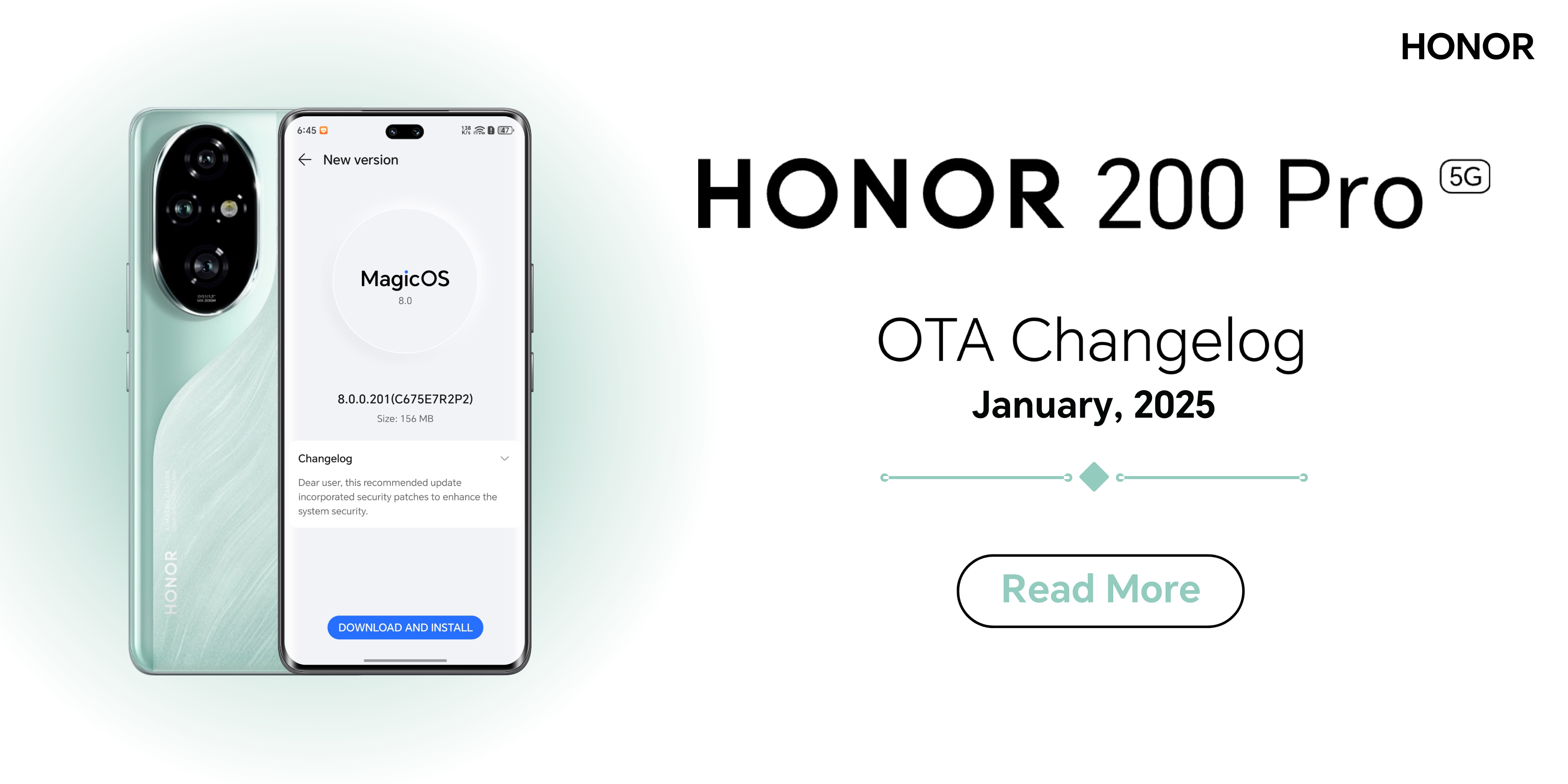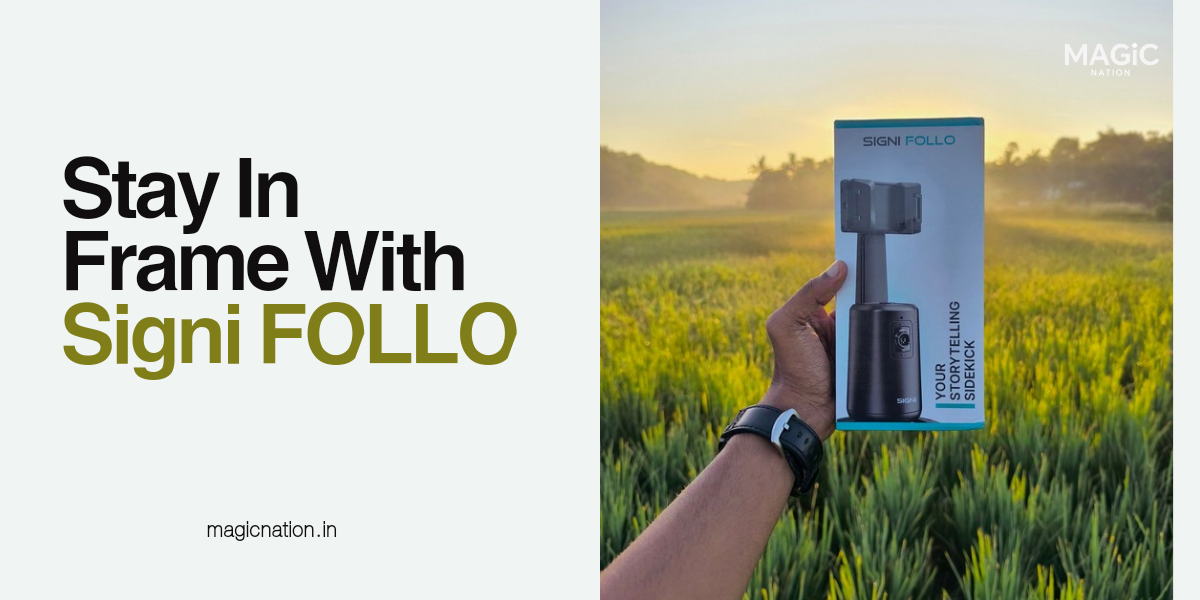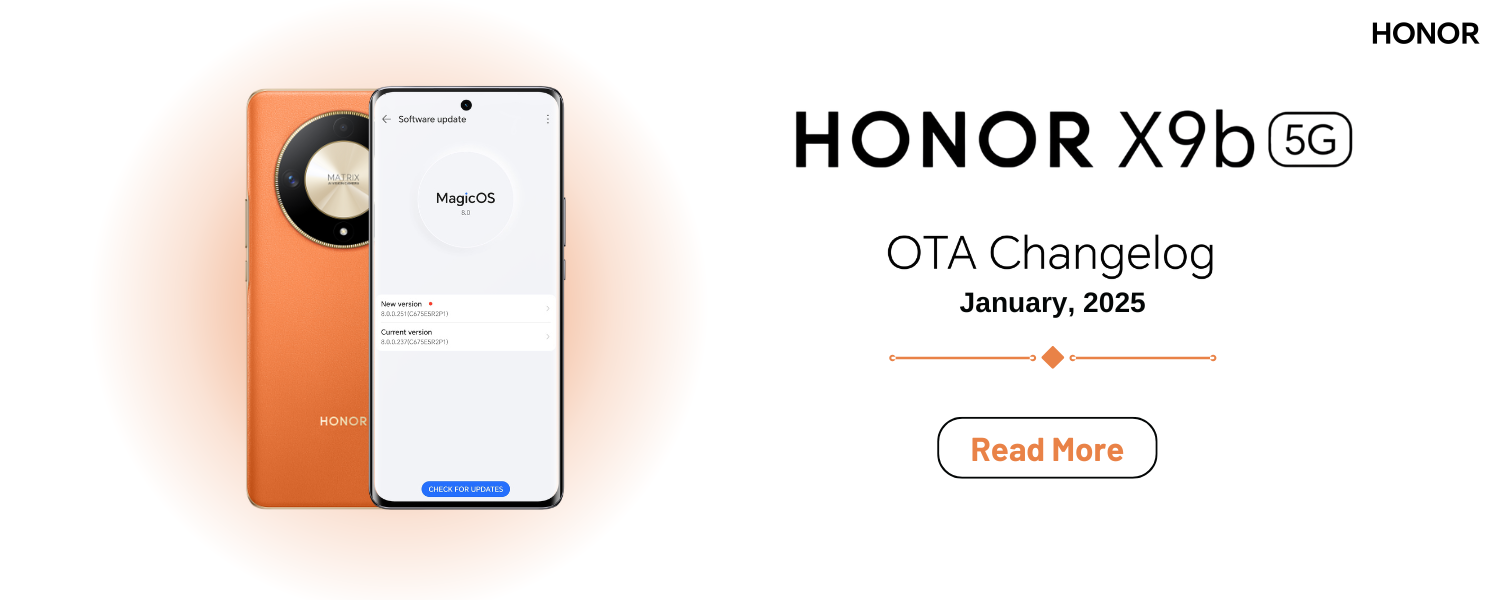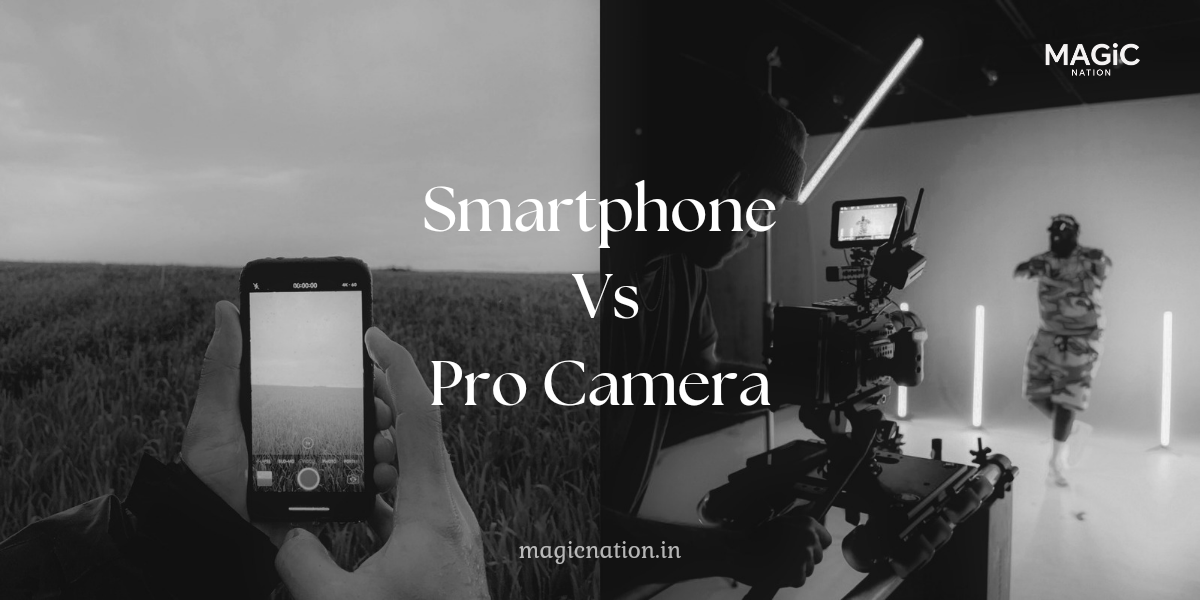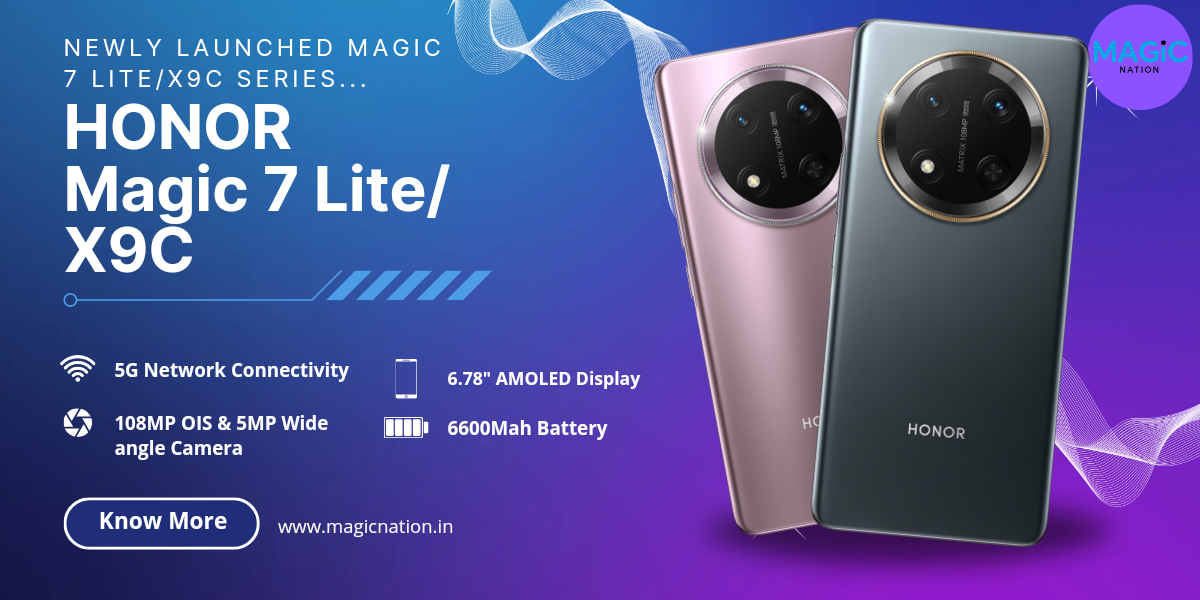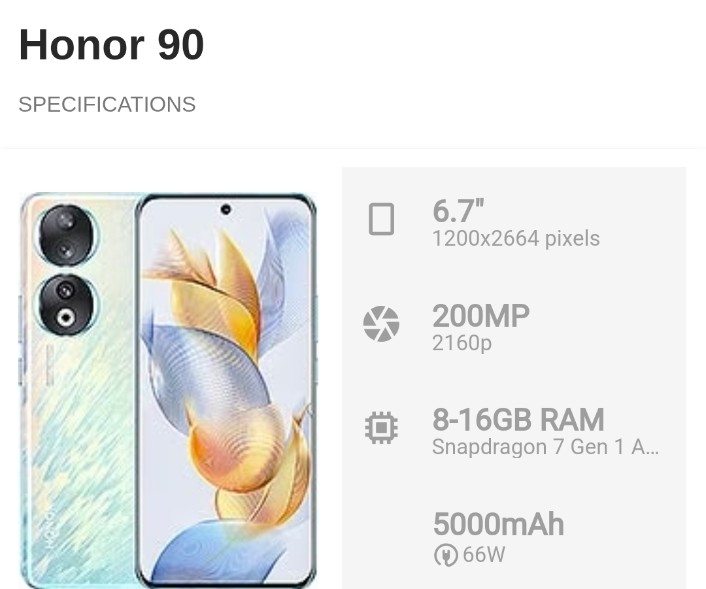I hope everyone is doing splendidly and enjoying themselves.
I'm Rajveer Singh and today I'll be presenting a thread discussing blockchain technology.

Blockchain technology is not just about cryptocurrencies like Bitcoin, Ethereum or Solana it has a broader application in enhancing security and one of its promising areas is smartphone security.
Let's delve into how blockchain technology is shaping the security landscape of smartphones.
What is Blockchain Technology ?

Blockchain is like a digital ledger that records transactions across a decentralized network of computers.
Each transaction is stored in a block and these blocks are linked together in a chain, creating a secure and transparent system.
How Does Blockchain Enhance Smartphone Security ?

Blockchain technology has the potential to revolutionize smartphone security by providing robust protection for user's sensitive data, personal identities and financial transactions.
Through its decentralized and immutable nature blockchain can effectively safeguard against unauthorized access and malicious exploits thereby bolstering the overall security posture of smartphones.
Sharing some PROS & CONS of utilizing Blockchain Technology in Smartphones
- PROS

1. Decentralization : Blockchain operates on a decentralized network meaning there is no single point of failure.
This makes it more resilient to hacking attempts compared to centralized systems.
2. Immutable Records : Once data is recorded on the blockchain it cannot be altered or tampered with without consensus from the network participants.
This ensures the integrity and authenticity of smartphone related data such as user credentials and transaction logs.
3. Enhanced Data Privacy : Blockchain technology allows users to have greater control over their personal data.
With features like self sovereign identity users can manage and share their data securely without relying on intermediaries.
4. Secure Authentication : Blockchain based authentication mechanisms provide a more secure alternative to traditional password based systems.
Biometric data stored on the blockchain can verify a user's identity with a high level of accuracy reducing the risk of unauthorized access to smartphones.
- CONS

1. Scalability Challenges : Blockchain networks face scalability issues especially when it comes to handling a large volume of transactions.
This could potentially lead to delays and increased processing times in smartphone related applications.
2. Energy Consumption : The process of validating transactions on a blockchain network consumes a significant amount of energy particularly in Proof Of Work consensus mechanisms.
This energy intensive process may not be environmentally sustainable in the long run.
3. Complexity : Implementing blockchain technology in smartphone security solutions requires a certain level of technical expertise.
The complexity involved in developing and managing blockchain based systems may pose challenges for mainstream adoption.
4. Regulatory Uncertainty : The regulatory landscape surrounding blockchain technology is still evolving which could impact its widespread adoption in smartphone security.
Compliance with existing regulations and uncertainty about future regulatory developments may pose hurdles for blockchain based solutions.
Real World Applications of Blockchain in Smartphone Security

- Secure Mobile Payments : Blockchain technology can facilitate secure and transparent mobile payment transactions reducing the risk of fraud and unauthorized access to financial data.
- Identity Management : Blockchain based identity management solutions offer a secure and decentralized way to manage user identities on smartphones, reducing the risk of identity theft and fraud.
- Supply Chain Security : By leveraging blockchain technology, smartphone manufacturers can ensure the authenticity and integrity of components used in the production process thereby enhancing supply chain security.
- Data Security and Privacy : Blockchain based solutions can protect user data stored on smartphones from unauthorized access and tampering, ensuring data privacy and integrity.
Blockchain technology holds great promise in enhancing smartphone security by providing decentralized, immutable and privacy preserving solutions.Conclusion
While there are challenges and limitations to overcome the potential benefits make it a technology worth exploring further in the realm of smartphone security.
I hope you enjoy this thread.
Looking forward to catching up in the next one
Please let me know what you want in the next thread.
Until then,
Merci Au Revoir
Rajveer Singh

